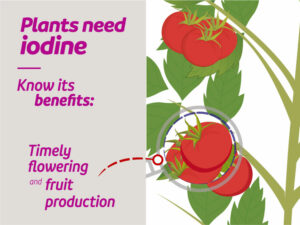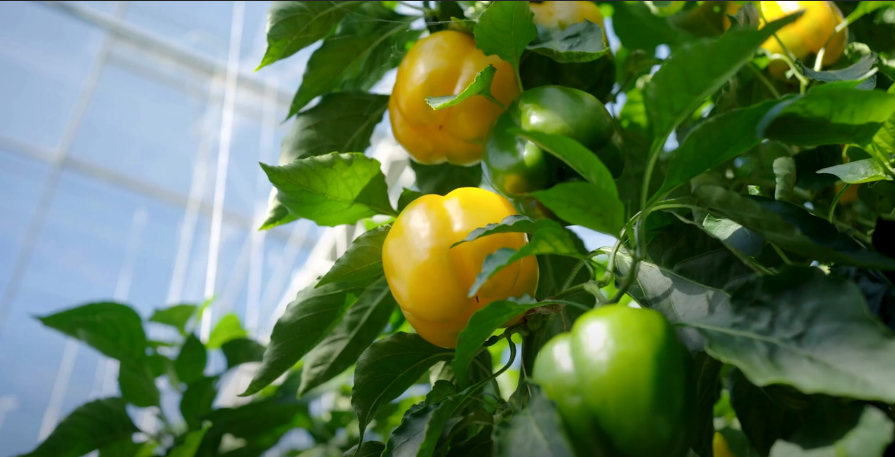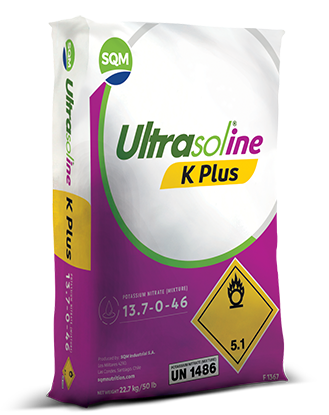In a series of trials combining different methods, scientists have discovered that plants need iodine, a nutrient which is not often spoken about in agriculture. Scientists in Pisa and Naples describe in a publication just accepted in the peer-reviewed journal, Frontiers of Plant Science, that plants bind iodine in at least 82 proteins in leaves and in roots. The presence of these naturally occurring iodinated proteins in higher plants has never been described before. Based on phenotyping, genomics and proteomics studies, it was shown that plants need iodine for timely flowering, increased seed production, biomass accumulation, and efficient photosynthesis (the process of converting sun light into chemical energy in the leaf). Moreover, iodinated proteins are involved in the activation of an early warning system that defends the plant against damage from abiotic and biotic stress.
“Our laboratory in Pisa, at the Sant’Anna School of Advanced Studies, is actively carrying out research on iodine in the past twenty years” says Pierdomenico Perata, Professor of Plant Physiology and Head of the PlantLab. In the past years, we discovered mechanisms related to the presence of iodine in plants, with the aim of increasing the nutritional value of crops. Iodine is indeed an essential element for human health, required for the thyroid functionality. However, iodine was not considered as required for plant’s life. We now demonstrated that iodine exerts a beneficial effect on plants, even when used in tiny amounts. Even more importantly, iodine is incorporated in plant’s proteins, indicating that it behaves as several micronutrients that are essential for plant growth and development”.

“SQM has been involved in research on agronomic biofortification with iodine to benefit human health since the beginning of this century” says Harmen Tjalling Holwerda, Senior Director Business Development Nitrates and Potassium Business Unit at SQM and co-author of the publication. “During those trials, we noticed benefits of iodine in very low concentrations compared to the control objects: a clear indication of a role for iodine in plant nutrition. Because SQM is dedicated to advance knowledge about mineral fertilizers, we decided to support this fundamental research leading to the discovery of the importance of this micro-nutrient for plants”
Iodine is present everywhere, but in only small quantities. Most agricultural top soils and irrigation water contain very low concentrations, and it is often not available for plant uptake. A deficiency of iodine in plants is predicted to cause yield losses, similar to deficiency of any other plant nutrient. The research was supported by SQM, a company with a long history in providing the world with iodine and fertilisers from the Atacama desert in Chile, for the benefit of human development. For optimal crop production iodine should be supplied to crops at the right dosage. Co-application of iodine with specialty plant nutrition makes it easy for the farmers to ensure the right amount of iodine in the nutrient solution, and prevents excess uptake of iodine in leaves or fruits.
Kiferle et al., 2021, https://doi.org/10.3389/fpls.2021.616868
Kiferle et al., 2022, https://doi.org/10.1038/s41598-022-18301-w






